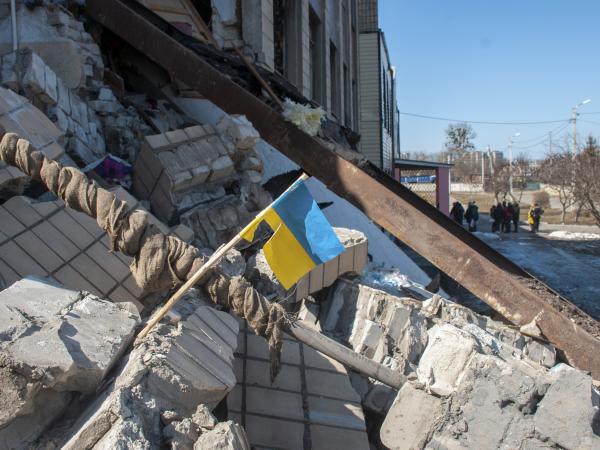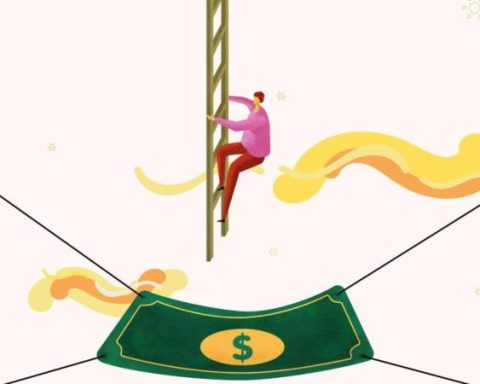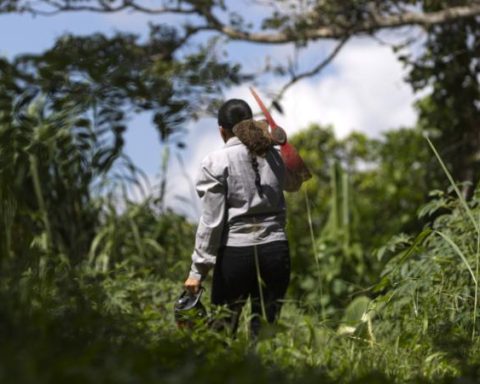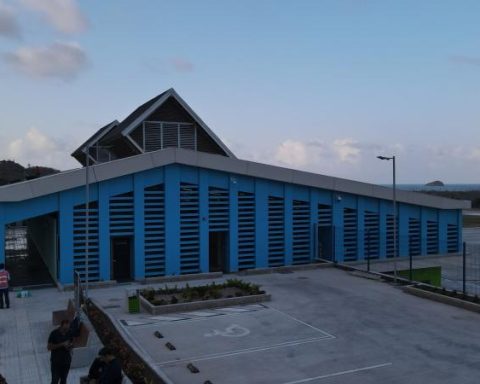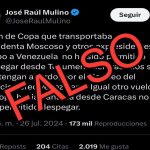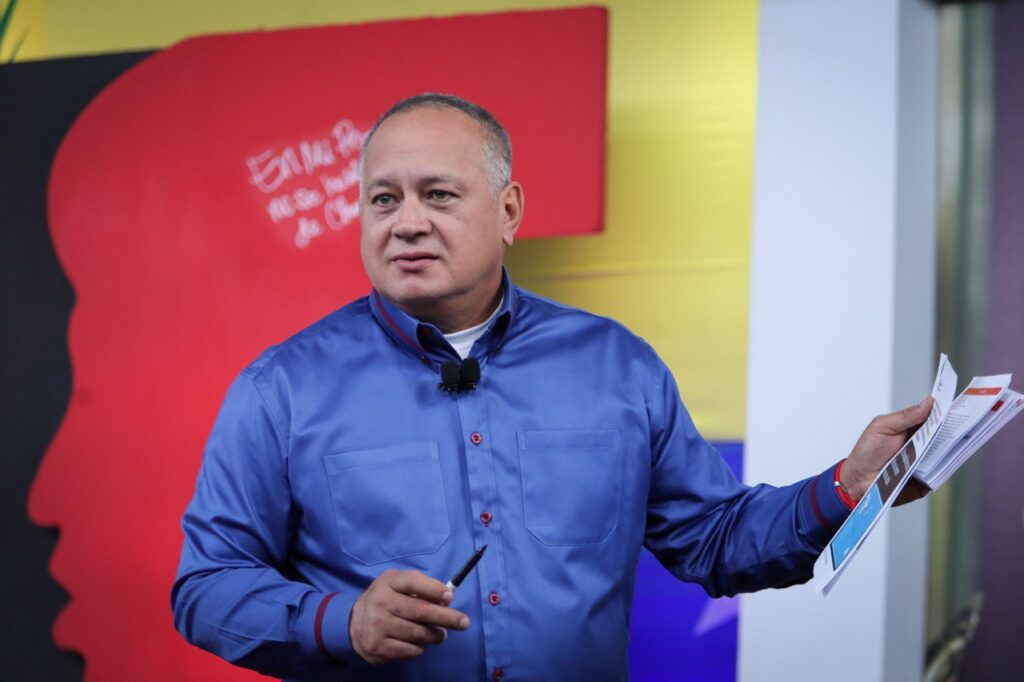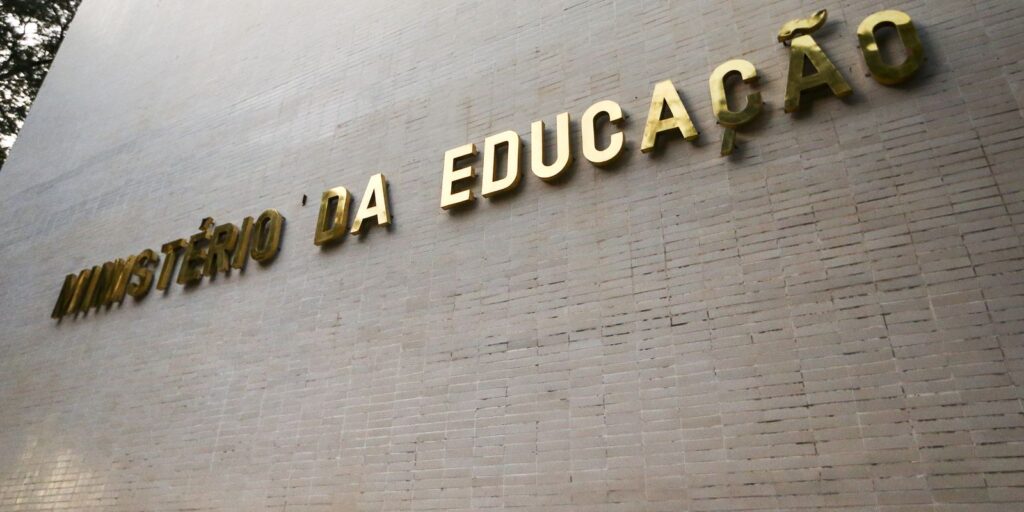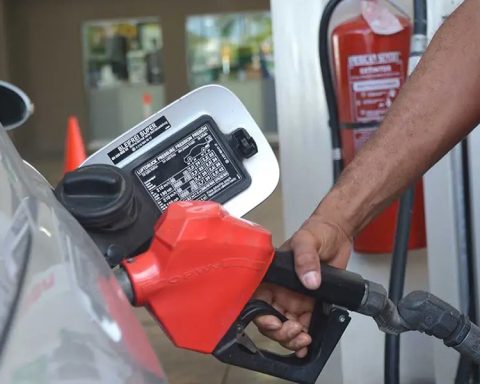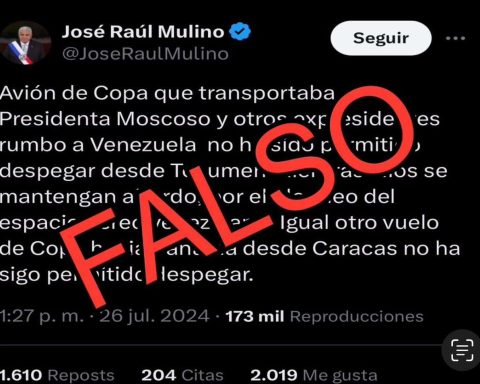Russia and Ukraine meet, this Thursday, a month at war and although the war scene is thousands of kilometers from Colombia, in a globalized world, any effect will have repercussions.
(See: Analysts see possible rise of 150 points in interest rates).
In the case of the country, the effects so far are mixed. The ‘positive’ side is leveraged by the performance of raw materials with which Colombia participates in the international market and which have experienced a spike in their listed prices due to the different scenarios of the conflict.
“The aftermath of the war in Ukraine in Colombia has been bittersweet: on the one hand, it has benefited from higher prices for oil, coal and nickel, which had been on the rise since before the Russian invasion”, recalled Amylkar Acosta, former Minister of Mines and Energy.
The price of the barrel Brent, a reference for Colombia, it had been recovering after the pandemic until reaching US$71 last year, a value that it left in the rear-view mirror last February, when before the war it was trading at over US$90.87 due to the tensions unleashed by the conflict.
On February 24, the day the war began, the value of ‘black gold’ reached US$99.08 and this Wednesday, March 23, reached US$121.43, as reported by the Bloomberg agency, waiting for this Thursday to produce new economic sanctions against Russia by the West.
(See: Colombia, fifth country where Spanish firms would invest the most in 2022).
The evolution of coal has also been important, going from a value of US$173.4 per ton in December to over US$200 since the beginning of the war.
“Oil and coal are the two main export lines, therefore this upward spiral of prices has meant a higher income of foreign currency and ultimately higher income from income tax and dividends for the Nation, as well as higher royalties. for territorial entities”, pointed out Acosta, who noted that the benefit “would have been greater” had it not been for the fact that both the volume of production of both raw materials “comes from the doldrums”.
On February 24, the day the war began, the value of ‘black gold’ reached US$99.08 and this Wednesday, March 23, it reached US$121.43.
private file
If this increase in the price of oil is sustained, this could “help significantly reduce the current account deficit, which reached 5.7% of GDP last year and whose financing may become challenging in a more unfavorable context”, says Martín Castellano, head of research for Latin America at the Institute of International Finance.
However, not all analysts are in favor of an extra income to the coffers of the nation under this context.
For the Bancolombia Research Group, this effect “will not generate in Colombia the same positive effects that could have been generated in previous years”, since, in his opinion, in the first place, “Colombia cannot be classified, in the strict sense, as an oil country” and, on the other hand, “the Colombia’s weight in the world crude oil market has been declining in recent years” and the “surpluses available to sell to the rest of the world have also decreased recently”.
nickel, another of Colombia’s raw materials, is also seeing “benefits” in terms of its market valuation, pointing to historical records in the London metal exchange that led at the time to the suspension of its trading and to establish a maximum limit for day.
Despite the positive effects that the upward spiral in oil prices can bring, Castellano warns about some adverse factors in this regard, such as “the slowdown in world growth, which weakens external demand for exports and affects capital flows to the country”.
(See: Gross debt of the Nation rose to 57.2% of GDP).
Castellano maintains that in the financial aspect, local currencies have strengthened against other emerging ones and in the Colombian case, it has been favored by the perception of better expectations of the oil sector and the tightening of monetary policy.
Continuing with the financial field, the Colombian Stock Exchange has revalued 5.3% in this month of the war, while the weight has done the same by 4.47%.

Colombian stock exchange
Time
THE NEGATIVE IMPACT
Javier Díaz Molina, president of Analdex, told this newspaper that one of the effects on foreign trade has been “an increase in the price of products and strapping of bulk carriers”, which are paid per day and are currently around US$27. thousand and US$35 thousand. Barley, corn, and wheat from the United States are brought from these ships, but “to the extent that it rises, it affects everyone.”
On the other hand, Jorge Enruque Bedoya, president of the SAC, reiterated that the price of urea for March 11 was on average in US$317 per ton.
Bedoya said that this will affect to the extent that it will represent higher import costs of urea and fertilizers and with it the cost of production. “If the increases are just as high, it will be more difficult for the producer to remain in the market and this may imply a reduction in supply or a reduction in the area planted for short-cycle crops, which may impact the inflationary cycle of the second semester.”.
(See: Trade deficit in January 2022, the highest in five years).
“(…) Now, it is not availability, but cost, but going forward we are concerned about a shortage of fertilizers“, said.
ROBERTO CASAS LUGO
Journalist Portfolio
